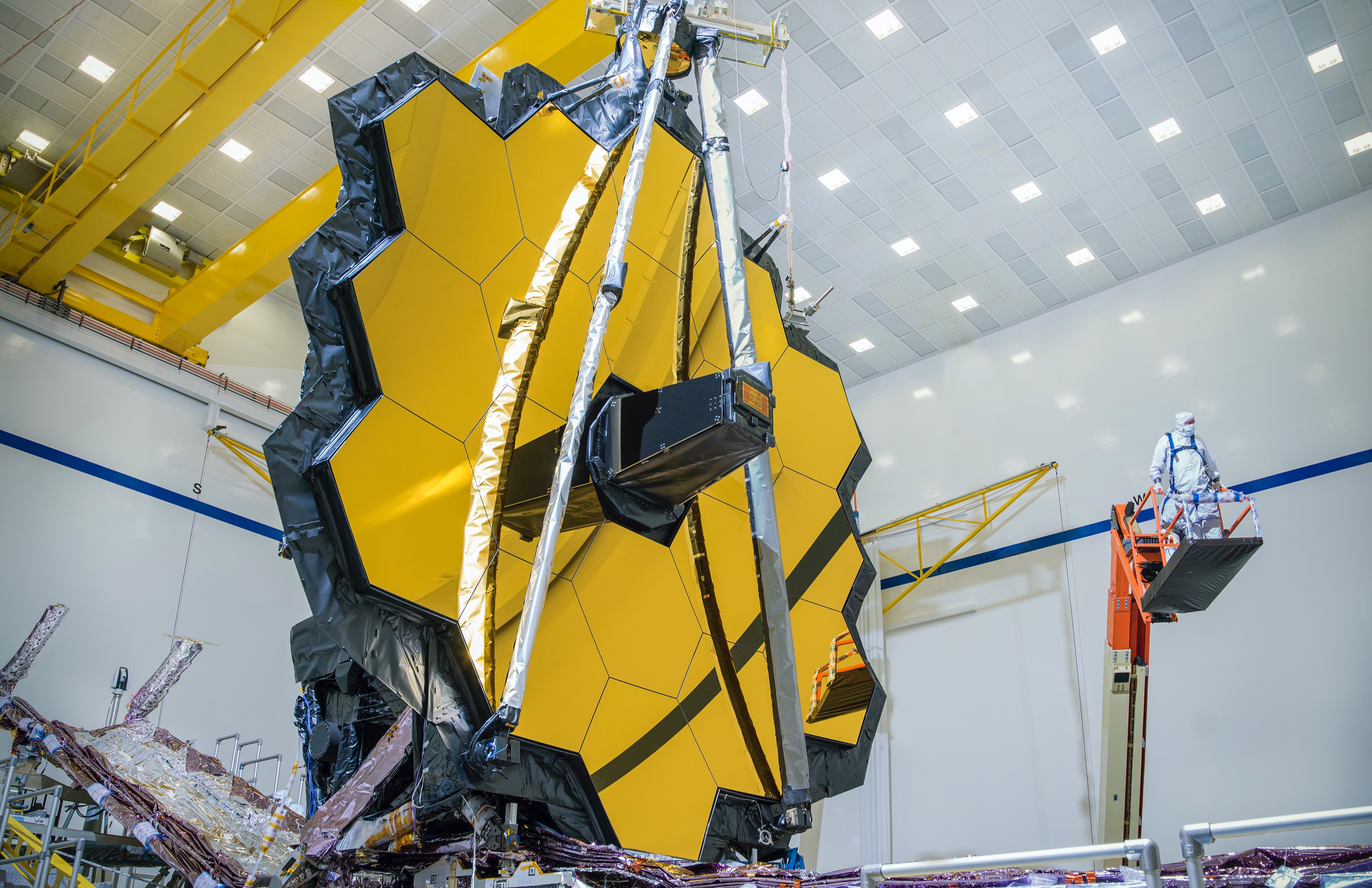Science News Roundup: Indonesia's sweeping restructuring of science sector faces criticism; NASA begins process of bringing new space telescope into focus and more

Following is a summary of current science news briefs.
Indonesia's sweeping restructuring of science sector faces criticism
Indonesia's government is facing criticism from some top scientists and lawmakers that a sweeping restructuring bringing together the country's leading science and technology institutes could undermine research efforts. The policy will see half a dozen science, technology and research institutes integrated into a National Research and Innovation Agency (BRIN), a move the government hopes will improve access to resources and funding, and boost competitiveness.
Son calls father's pig-heart transplant a miracle of science
The son of a transplant recipient who was implanted with a genetically modified pig heart in a first-of-its-kind surgery, called his father's procedure "a miracle." The surgery, performed by a team at the University of Maryland Medicine on Jan. 7, is among the first to demonstrate the feasibility of a pig-to-human heart transplant, a field made possible by new gene editing tools.
Anemia in astronauts could be a challenge for space missions
The next "giant leap" for humans may be a trip to Mars, but having enough oxygen-carrying red blood cells for the journey might present a challenge, new research suggests. Even space tourists lining up for short trips might have to stay home if they are at risk for anemia, or red blood cell deficiency, researchers said.
NASA begins process of bringing new space telescope into focus
NASA on Wednesday embarked on a months-long, painstaking process of bringing its newly launched James Webb Space Telescope into focus, a task due for completion in time for the revolutionary eye in the sky to begin peering into the cosmos by early summer. Mission control engineers at NASA's Goddard Space Flight Center in Greenbelt, Maryland, began by sending their initial commands to tiny motors called actuators that slowly position and fine-tune the telescope's principal mirror.
Second alien moon identified is much like the first: big and strange
For only the second time, astronomers have detected what appears to be a moon orbiting a planet in another solar system. Just like the first time, this one has traits suggesting that such moons may differ greatly from those populating our solar system. Data obtained by NASA's Kepler space telescope before it was retired in 2018 indicated the presence of a moon 2.6 times the diameter of Earth-orbiting a Jupiter-sized gas giant about 5,700 light-years away from our solar system in the direction of the Cygnus and Lyra constellations, scientists said on Thursday.
Polish scientists find gene that doubles risk of serious COVID
Polish scientists have found a gene that they say more than doubles the risk of becoming severely ill with COVID-19, a discovery they hope could help doctors identify people who are most at risk from the disease. With vaccine hesitancy a major factor behind high coronavirus death rates in central and eastern Europe, researchers hope that identifying those at greatest risk will encourage them to get a shot and give them access to more intensive treatment options in case of an infection.
(This story has not been edited by Devdiscourse staff and is auto-generated from a syndicated feed.)
ALSO READ
Indonesian coach trains national-level martial artists in Srinagar for next Olympics
Passenger bus crash in Indonesia's Central Java province kills at least 15 people, officials say, reports AP.
Andhra Pradesh and Indonesia: Forging Stronger Bilateral Trade Ties
World Bank Approves US$350M Project to Boost Clean, Climate-Safe Cities in Indonesia
Indonesia Boosts Women Migrant Workers’ Voices Through Cross-Border Digital Training










